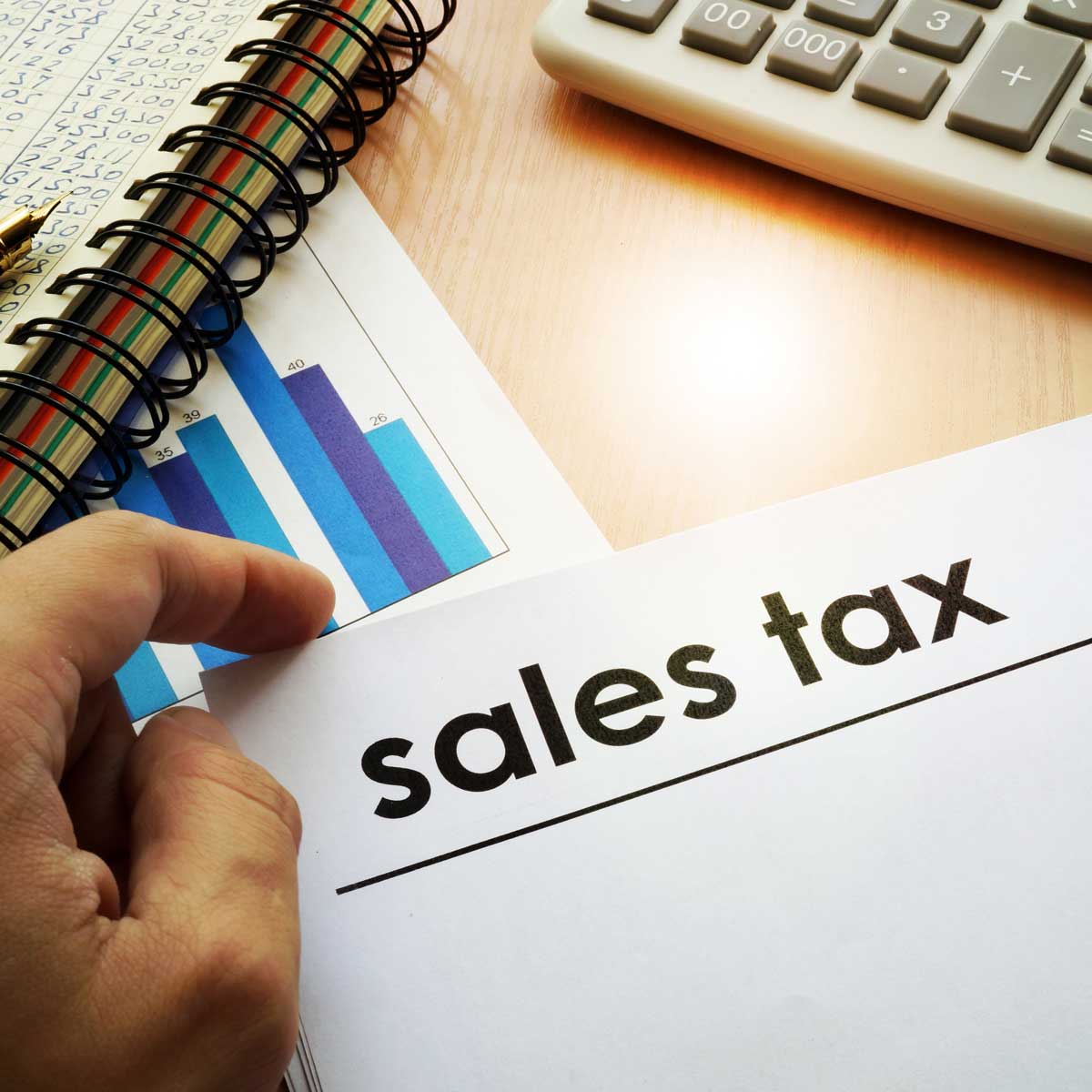This website uses cookies so that we can provide you with the best user experience possible. Cookie information is stored in your browser and performs functions such as recognising you when you return to our website and helping our team to understand which sections of the website you find most interesting and useful.
Sales Tax Revisions for Indiana & Wisconsin Not-for-Profit Organizations

Starting July 1 for Indiana and just recently started on June 1 in Wisconsin, new sales tax changes were passed that will impact not-for-profit organizations operating in these two states. Here’s the overview:
Changes in Indiana
With the passage of Senate Bill 382 back in March, not-for-profit organizations based out of Indiana need to obtain a specially issued exemption certificate through INTIME beginning on July 1 to make purchases exempt from Indiana sales taxation. Not-for-profits that are temporarily located in Indiana can apply for a temporary exemption certificate by filing Form NP-20T.
Regarding sales, the current exemption allows not-for-profit organizations to avoid registering and collecting Indiana sales taxes when sales of tangible personal property occur for no more than 30 days in a calendar year and are engaged in as part of fundraising activities. That rule is eliminated effective July 1 and replaced with a $20,000 sales threshold (the requirement that the activity be part of fundraising activities remains). This benefits not-for-profits that make regular fundraising sales throughout the year with overall sales remaining under $20,000. The provision will require not-for-profit organizations that raise substantial amounts to register for Indiana sales tax purposes, even if they only conduct fundraising sales a few times throughout the year.
In 2022, the 30-day rule applies through June 30, and the $20,000 sales threshold applies from July 1 through December 31. Not-for-profit organizations will not need to register for and collect Indiana sales tax if sales of tangible personal property occur for less than 30 days during the first six months of 2022 and the amount of sales for the last half of 2022 is under $20,000. However, they will need to register to get an exemption certificate. The collection requirement commences the day after meeting the applicable threshold. For more details, please review Indiana’s updated Tax Bulletin #10.
CHANGES IN WISCONSIN
Under Senate Bill 569, Wisconsin not-for-profit organizations will find value in an increased threshold for entertainment spending for purposes of the occasional sales tax exemption. In order for a not-for-profit organization to have their sales be exempt from tax under the occasional sale exemption, they must:
- Not otherwise be registered or required to be registered for sales tax purposes
- Not be engaged in a trade or business for which a safe harbor exists if either the number of days sales are made is less than 76 days, or sales of taxable products are $50,000 or less for a calendar year
- Entertainment is not involved at an event for which admissions are charged
The new legislation, which became effective on June 1, increases the current threshold from $10,000 to $50,000 that entertainers may be paid for an admissions event and still allow for the occasional sale exemption to apply. This increase should create more flexibility for not-for-profit organizations to seek out quality entertainment for fundraising or other events without triggering sales tax collection and compliance requirements.
For more information, refer to the WDOR Occasional Sale Exemption fact sheet and to the WDOR publication for not-for-profits.
These changes, in favor of not-for-profit organizations, will go into effect soon in Indiana and have already taken effect in Wisconsin. For questions, please feel free to reach out to your Sikich not-for-profit specialist or Brian Kelley at brian.kelley@sikich.com.
This publication contains general information only and Sikich is not, by means of this publication, rendering accounting, business, financial, investment, legal, tax, or any other professional advice or services. This publication is not a substitute for such professional advice or services, nor should you use it as a basis for any decision, action or omission that may affect you or your business. Before making any decision, taking any action or omitting an action that may affect you or your business, you should consult a qualified professional advisor. In addition, this publication may contain certain content generated by an artificial intelligence (AI) language model. You acknowledge that Sikich shall not be responsible for any loss sustained by you or any person who relies on this publication.




